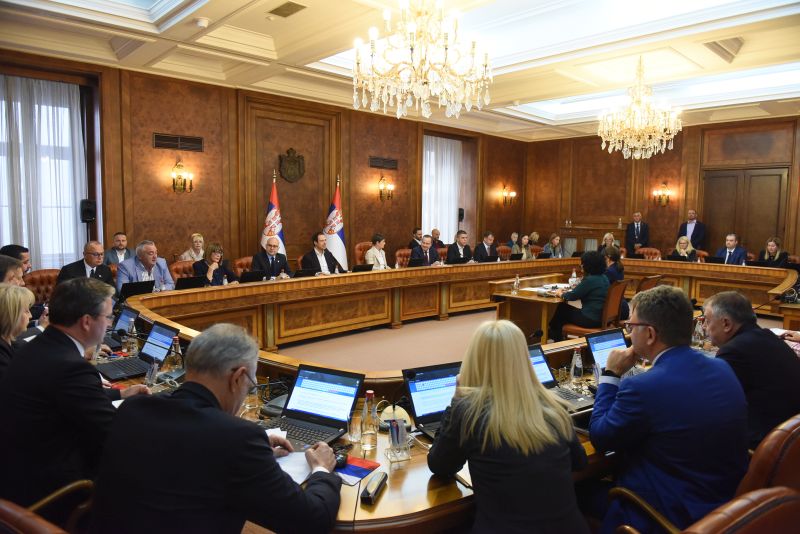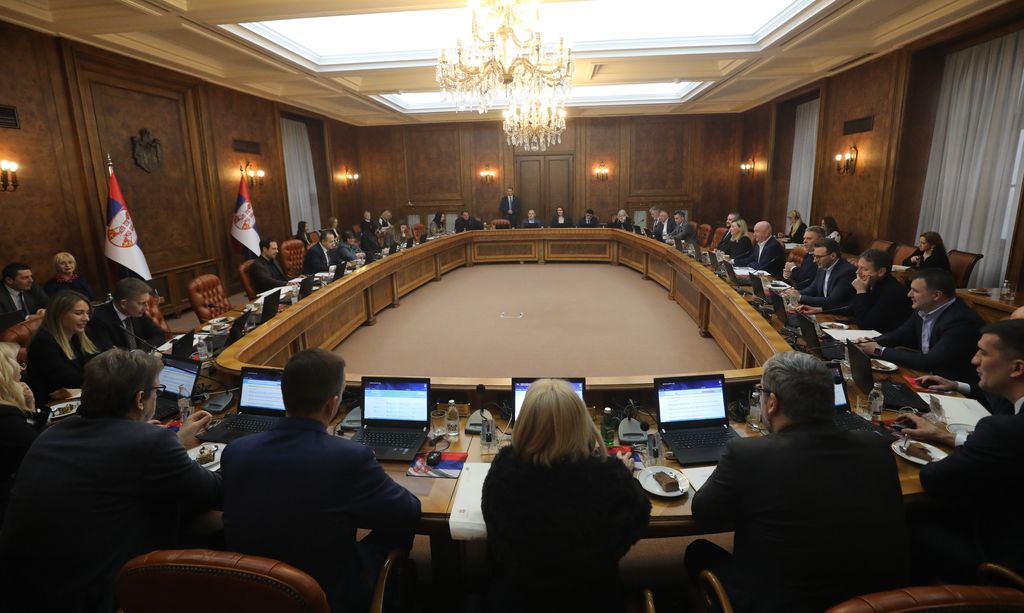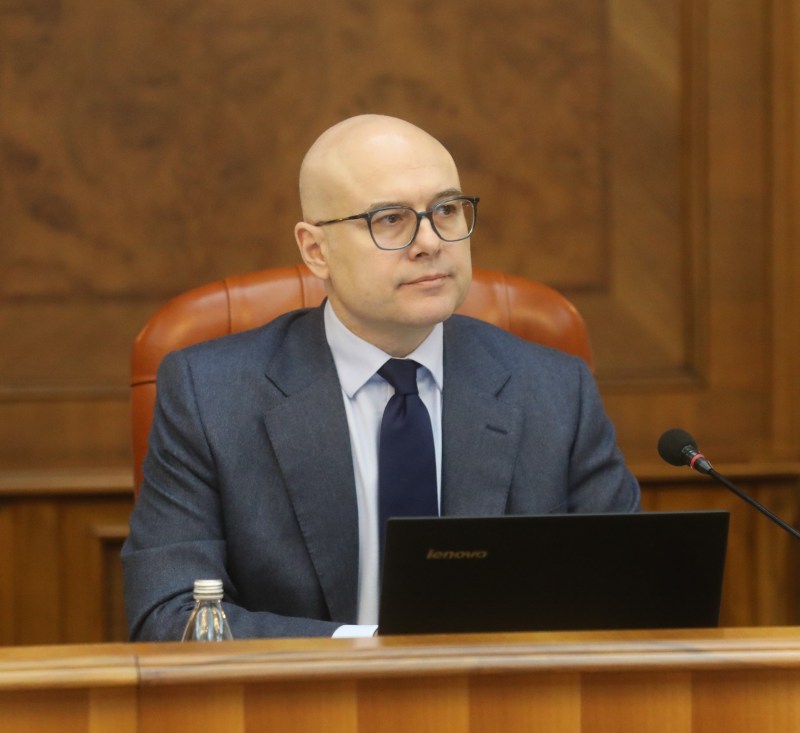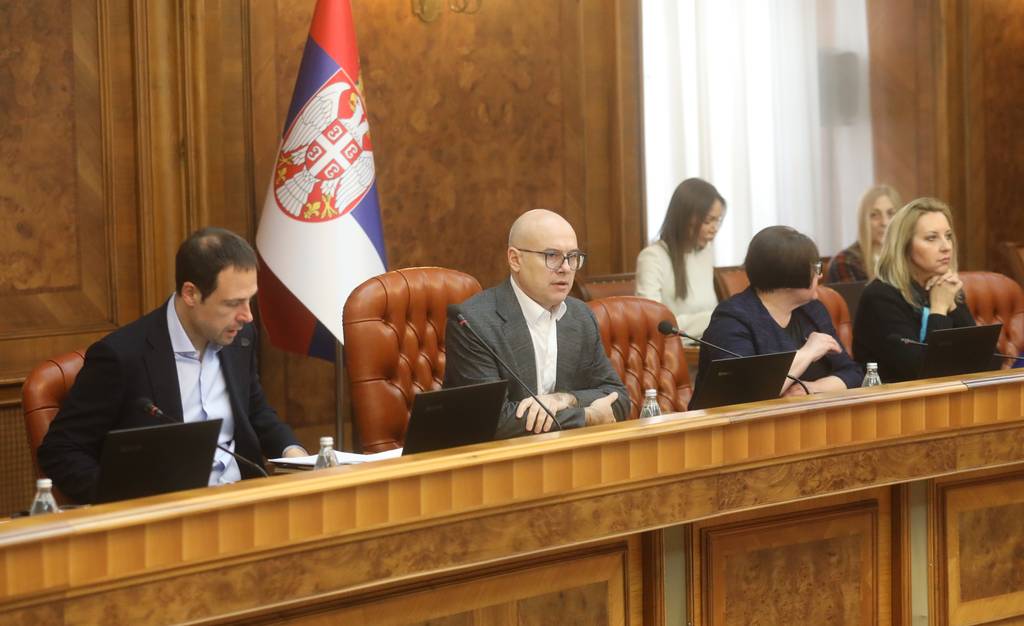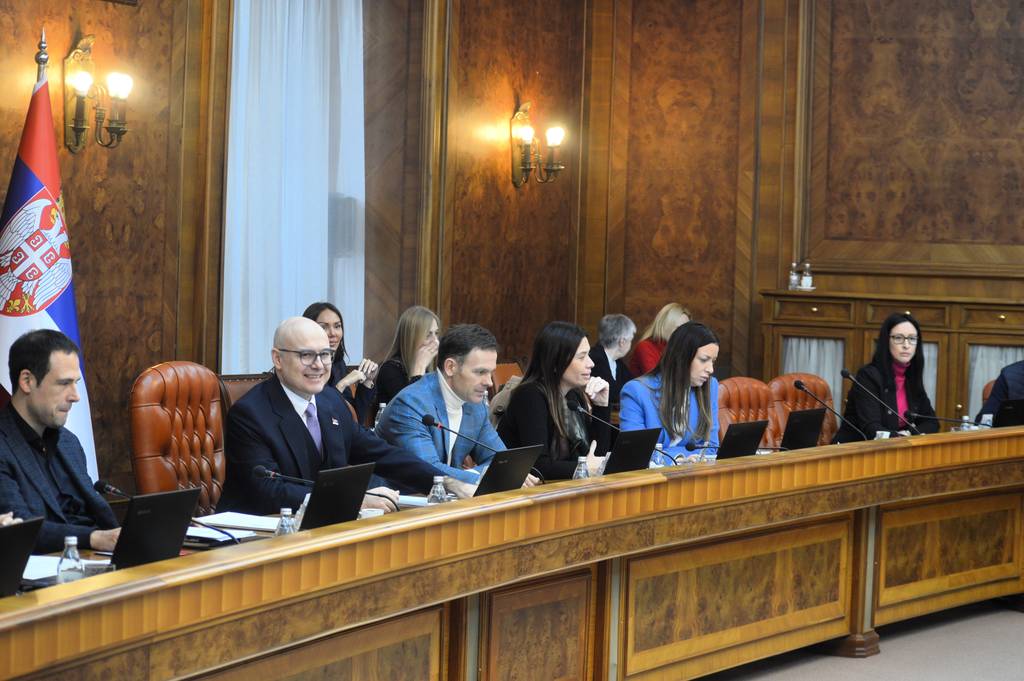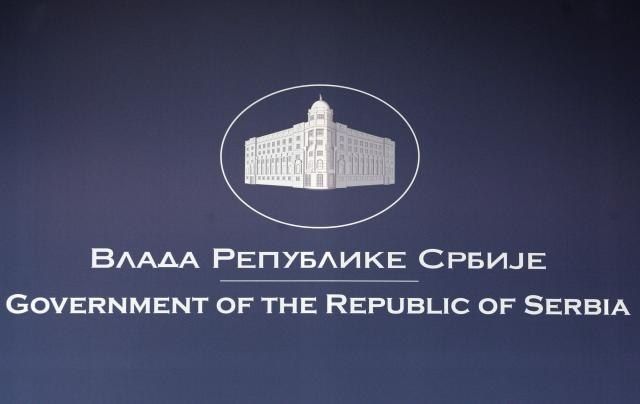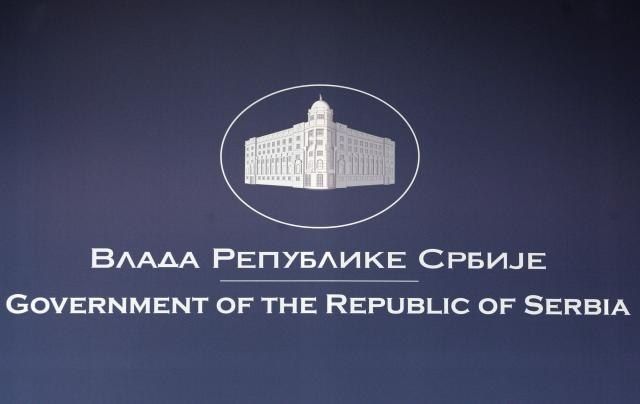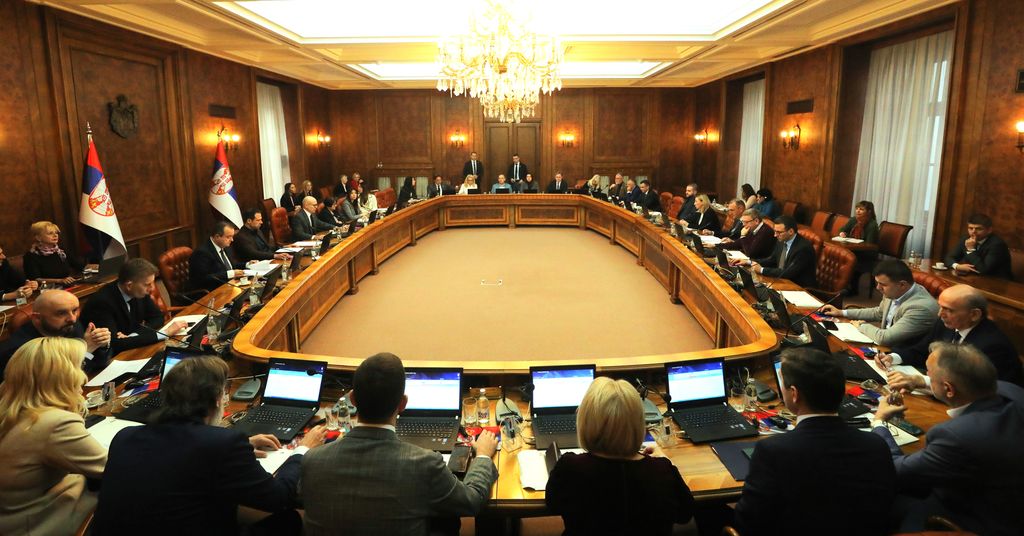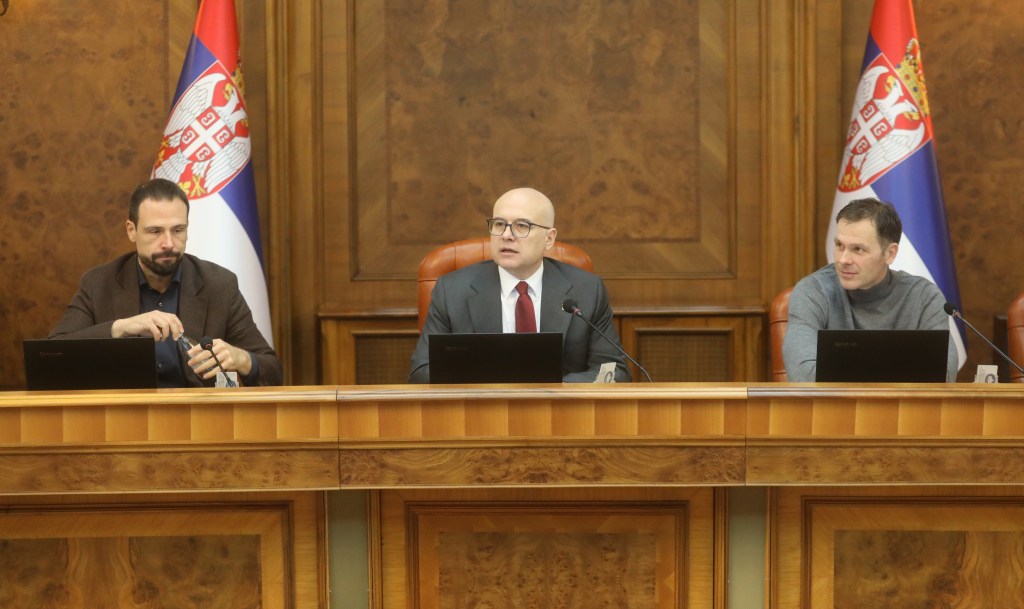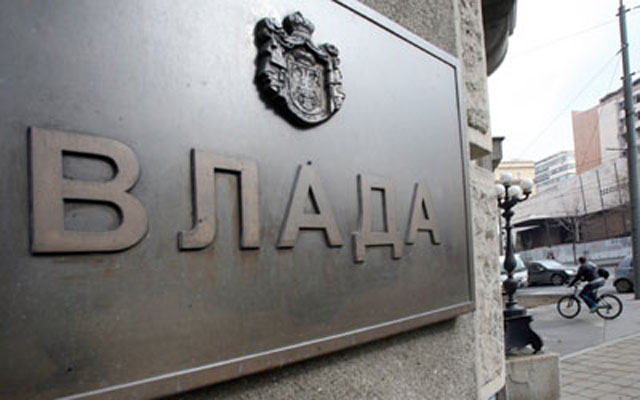At today's session, the government adopted the Bill on Public Information and Media and the Bill on Electronic Media, which legally regulate these areas and the way to exercise freedom of public information.
Government adopts media bills
The Bill on Public Information and Media defines the guarantees of freedom of public information, the prohibition of discrimination, endangering the free flow of information, as well as exerting pressure, threats or blackmailing media workers.
Special attention is paid to punishing violence against journalists, protecting media pluralism and banning monopolies in the field of public information.
Also, the document includes special obligations of institutions of public media services and other media that provide services according to the principles of public media services, in terms of timely and impartial reporting and quality of services.
The concept of a stimulating environment is defined, which implies the creation and maintenance of a political, economic and social environment that should provide the media with free work, without pressure.
The bill on electronic media, in accordance with international acts and standards, defines the organisation and work of the Regulatory Body for Electronic Media, the conditions and method of providing media services, the conditions and procedure for issuing licenses for the provision of media services, the supervision of media service providers, as and other issues of importance for this area.
The proposed laws guarantee freedom of opinion and expression and media freedom in accordance with the highest international standards of the countries of the European Union and documents of the United Nations and the Council of Europe, but also with the standards derived from the practice of the European Court of Human Rights. Their definition was preceded by an inclusive process of broad consultations and public discussions, with the presence of representatives of the government of the Republic of Serbia, journalistic and media associations, the OSCE and other international partners.
EU Enlargement Commissioner Olivér Várhelyi also sent a letter to Prime Minister Ana Brnabic, in which he praised the completion of the work on the proposals for media laws, and said that he recognises many good elements in both draft laws.
Government members made a decision to establish a joint Management Body for the construction of memorial centres dedicated to the victims of Jasenovac and the formation of a joint committee to implement the decisions of this body, which represents the first step towards the implementation of the project of building two memorial centers in Belgrade and Donja Gradina.







